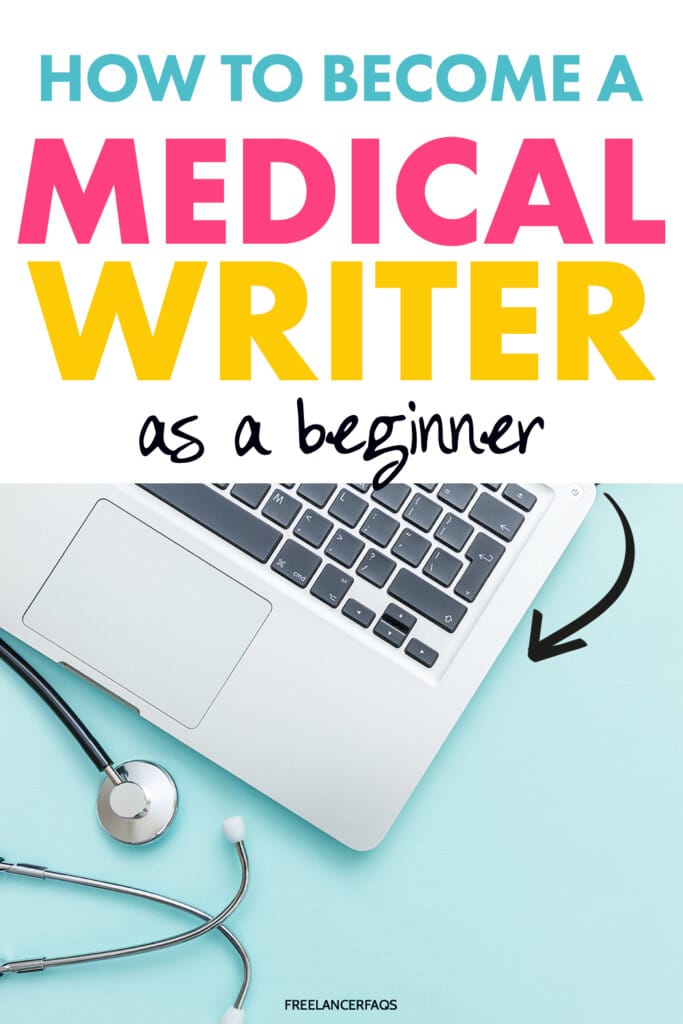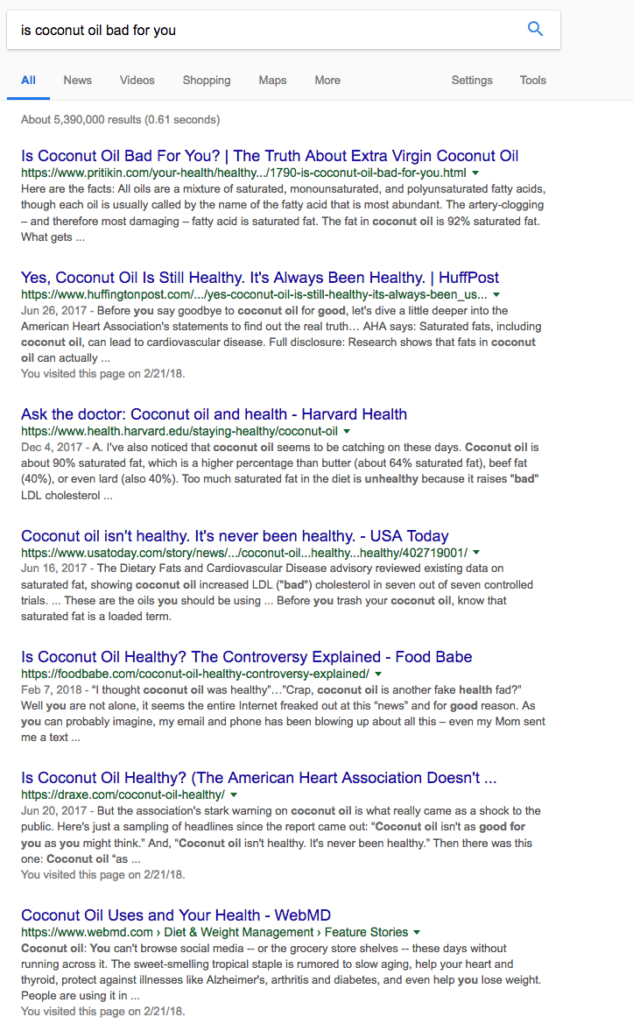Do you want to write about medical health, but not sure where to start? Or are you unsure of what it takes to be a medical writer?
You’ve come to the right place (or post, I should say). While it can be a lucrative niche, there are many types of medical writing you can do. Navigating this niche can be overwhelming, even for the more experienced writers.

You can think of the medical niche as a giant beehive constructed from many honeycomb cells.
You can think of the medical writing niche as a giant beehive constructed from many honeycomb cells. It’s a big niche with many sub-niches within it.
You can write about many topics: from diet to depression, from healthy feet to healthy mind, from canker sores to cancer.
The myriad of topics is one aspect that makes this niche attractive. It’s got something for everyone.
Another advantage of health and medical niche is its dynamics.
There’s always something new: new products, new therapies, new approaches, new ways of living. You will not run out of things to write. Businesses will always need help creating health contents, either to promote their products or just to keep up with the changes.
Since health is a broad area, health writers usually have a sub-niche or several sub-niches. So, how do you choose your sub-niches? There are two ways to do this:
Using the Disease Angle
You may be thinking, “I want to be a medical writer, not a disease writer.” Well, guess what? Being healthy means being free from diseases. So, you can start by exploring the diseases to write about a particular aspect of medical health.
One way to explore the different diseases is by subscribing to reputable health news channels. WebMD and Harvard Health Publishing are great places to start.
They post up-to-date topics written in layperson-friendly language so everyone can understand the contents. After you know more about the disease areas, pick one or two that interest you.
Personal experience is another way to explore disease areas. Maybe you or someone you know had or suffers from a particular disease. You can then research it to see if it’s something you’d like to write about. Sometimes things near and dear to you can give that extra motivation to write medical content.
Once you choose one or two disease areas as your sub-niches, build your expertise by understanding their nuts and bolts. Look for information on who gets the disease, what causes it, what treatment options are available, and how to prevent it. Be on the lookout for new news by subscribing to RSS channels specific to those areas.
Using the Lifestyle Angle
Lifestyle and health are intertwined. By focusing on a particular lifestyle aspect, you can write about the medical and health impact. It can include anything from food to fitness to a holistic approach to mind and body.
Here, you need to explore how lifestyle affects people’s health and select one or two to focus on. Similar to the diseases, do in-depth research and build your expertise in the focus lifestyle of your choice.
For example, if you enjoy writing about food, then study how some food can cause one disease and prevent another.
Now that you know how to find your sub-niches, what else you need to do to be a medical writer? I have good news for you: Being a medical writer is not that much different than any other writers. But, there are a few skills you need to hone in:
Freelance Writing Skills Needed for Medical Writing

1. Love for Life Science
Life science is an integral part of understanding how our body works and how disease occurs, which is a big part of medical writing. Life science can explain why a particular treatment works and why another fails. Or what exercise and food do to our body.
While generally speaking you don’t need to have a life science background to be a medical writer, you do need to enjoy learning and reading about life science.
A significant portion of your writing will involve some life science, so if it’s not your cup of tea, then this niche may not be for you.
2. Select and Use Credible Sources
Just like in other niches, you need to research your topics as a health writer. Selecting credible sources is paramount, especially in medical writing. So is interpreting the information correctly.
Using unreliable sources or drawing inaccurate conclusion can be detrimental to your work and your credibility. In medical and health writing, it can harm the broader health system: causing unnecessary doctor visit or not consulting their doctors when they should, to name a few.
To give an example how tricky navigating the abundant sources of medical information can be, let’s take a look at the topic of coconut oil. A simple search of “is coconut oil bad for you?” done, yields these conflicting results:

With these conflicting information, how do you tell the good from the bad? One easy way is by looking at the publishers or the authors of these articles. Use articles created by reputable sources.
Examples of reputable sources for general medical topics include WebMD, Mayo Clinic, Medical News Today or Harvard Health Publishing. If you need number-based data or statistics, start with the CDC and WHO websites.
Another good source for statistics on medical-related behaviors is Pew Research Center.
For disease-specific information, use the professional organization and patient advocacy websites as your starting points. A few examples are the American Cancer Society and American Society of Clinical Oncology’s Cancer.net for cancer, or the American Heart Association for heart diseases.
3. Be Detail Oriented
Remember the saying “the devil is in the details”? This applies to medical writing as well. When reading your sources, make sure you go through the entire articles to understand the complete picture and the nuances.
Some articles may start with positive results of a particular treatment but end with a caveat that certain type of individuals won’t benefit from it.
Be careful not to cherry-pick the information by showcasing the good without the bad. There are very few things that work universally in healthcare. Most treatments work better for a select patient type only. The same with diet and exercise.
Health and medical writers need to pay attention to these details and make sure their work accurately capture the nuances and present a balanced view.
4. Stay Objective
When you write on a topic close to you, it’s easy to lose your objectivity. For example, if you have personal experience that certain food is good for your health, you may tend to review data that support your experience and ignore those that don’t.
Always keep your beliefs in check. Be neutral on any health topics, and research them with an open mind. Present the pros and cons in your writing
5. Use Plain English
Similar to other niches, you need to avoid jargons in medical writing. Many jargons in this writing niche are medical terminology, and many of these words are derived from Greek or Latin.
Before you can translate those terms properly, you need to understand what they mean. MedicineNet.com and Familydoctor.org are a couple of good resources to help you understand medical terminology.
These websites are easy to use as they allow you to browse these terms alphabetically.
Once you understand the meanings, find the appropriate “plain English” words to describe them.
Stanford and the University of Pennsylvania have quick reference cards to help you find these lay terms. Another simple way is to do a Google search: “lay term for” + medical term.
6. Write at Low Reading Level
Do you know that one major issue involving medical information in many countries is health literacy?
There are plenty of high-quality medical contents out there, but many of them are not readable for average adults. In fact, several researchers found that most of the health and medical information online are written at reading level 10 or above. The reading level of average American adults is only at level 8.
Check the readability of your article, either using the SMOG Calculator or Hemingway App. Break up long sentences into shorter ones. Use words with two syllables or less as much as possible.
The Bottom Line
So, there you have it. Becoming a medical writer is not difficult, and it can be rewarding.
I believe anyone with strong determination can do it. Pick sub-niches that interest you and study them to build your expertise. With a touch of love for life science and a few basic writing skills, you can be on your way to be a top-notch medical writer. I wish you well.



27 Comments